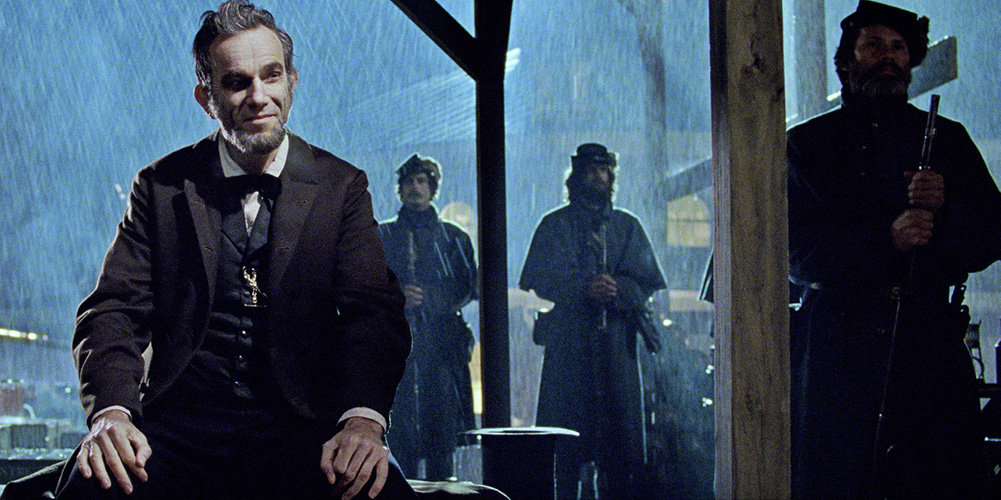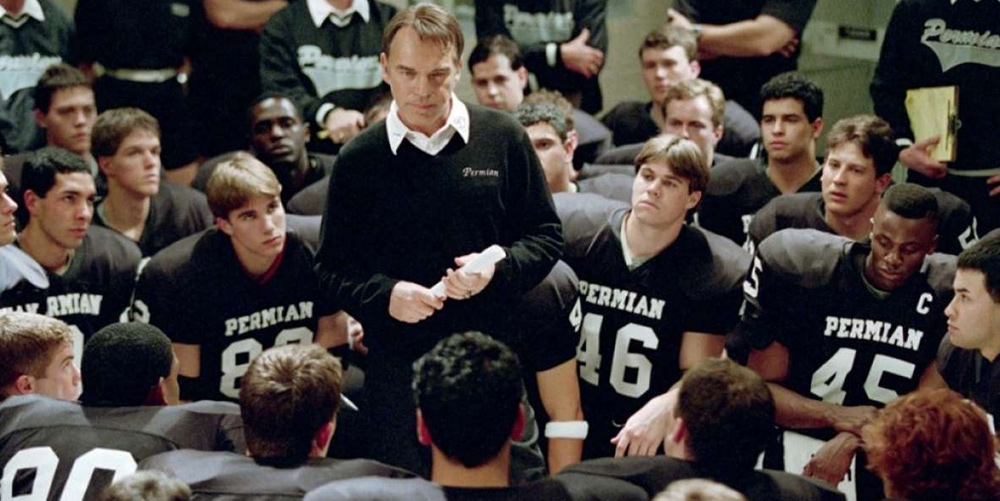In Le Mans 66 (also known as Ford v Ferrari), Henry Ford II arrives at his factory and shuts down the production line to address his workers.
He tells them how his grandfather had an idea walking home from a shift at Edison Illumination. It was an idea, he says, that ‘changed the world’.
And he challenges them to walk home and have an idea themselves. Only there’s a catch. “The man who comes to my office with an idea: that man keeps his job,” he tells them. “Rest of you second best losers – stay home. You don’t belong at Ford.”
It’s a potent illustration of motivation through fear. And according to Amy Edmondson’s excellent book The Fearless Organisation, it wasn’t uncommon in the automobile industry.
Edmondson identifies fear as a primary driver in the recent Volkswagen scandal, where VW engineers deliberately cheated environmental regulations by installing ‘defeat devices’ to mask their vehicles’ true emissions.
VW were led at the time by Martin Winterkorn, a man with a reputation for having a short temper. Winterkorn was mentored by former chairman Ferdinand Piech, who was convinced ‘terrorising subordinates was the way to achieve profitable design.’ Piech in turn had been mentored by his grandfather, Ferdinand Porsche, who had been hugely inspired by Henry Ford himself. Porsche had even travelled to Ford’s Detroit factory, using his findings to set up Germany’s first automotive assembly line.
Motivation through fear, then, was clearly nothing new in the automobile industry, along with many others. But is it effective?
Why psychological safety is important
Edmondson argues that it can indeed be effective – but only in creating the illusion that goals are being achieved. “It is not effective in ensuring that people bring the creativity, good process, and passion needed to accomplish challenging goals in knowledge-intensive workplaces,” she says.
In fact, cases like Volkswagen and others show that fear can motivate entirely the wrong kind of performance. This includes unethical behaviours, cover-ups, and failure to contribute ideas or expertise.
It’s far better, says Edmondson, for leaders to create an environment of psychological safety. This is broadly defined as a climate in which people are comfortable expressing and being themselves. When people have psychological safety at work, they feel comfortable sharing concerns and mistakes without fear of embarrassment or retribution.
The concept of psychological safety gained traction following a five-year study by Google into what factors made the best teams. To their surprise, they found that no mix of team make-up (such as personalities, background, expertise etc) explained superior performance. Of the five dynamics they found that did make a difference, psychological safety was far and away the most critical. Other behaviours such as setting clear goals and reinforcing mutual accountability were also important. But unless team members felt psychologically safe, the other behaviours were insufficient.
In Le Mans 66, we can see this concept playing out in several ways.
Speaking Up and giving your views
One of the consequences of low psychological safety is that employees simply don’t speak up and give their views. This can have perilous – and sometimes even fatal – consequences.
So although Ford may think he’s encouraging innovation, the opposite is likely to be true. And throughout the film he exudes the type of personality that discourages most of his subordinates from challenging him.
One executive who breaks this mould is Lee Iaccoca, later to become one of the most famous executives in automotive history as president of Ford and then Chrysler.
When Iaccoca returns from Italy following an unsuccessful buyout of Ferrari, he isn’t afraid to relate Enzo Ferrari’s insults directly back to Ford. But Iaccoca has an ulterior motive. He knows that it will make Ford eager for revenge, and advance his own proposal to get the Ford motor company into racing.
Allowing Creativity to Thrive
Ford hire the racing driver, automotive designer and entrepreneur Carroll Shelby (Matt Damon) to spearhead a seemingly impossible quest. The mission? To develop a racing car to break Ferrari’s stranglehold on the Le Mans 24-hour race – in just 90 days.
Shelby enlists the brilliant but temperamental engineer and driver Ken Miles (Christian Bale) to help. But while Shelby is skilled at dealing with corporate interference from Ford, Miles isn’t. That makes Miles disliked by the Ford executives who see him as a PR liability. As Miles says himself with no lack of irony: “I can’t play the game. I’m not what they call a people person.”
But Shelby recognises Miles’ creative and professional brilliance. To get the most out of Miles, Shelby protects him from the ‘suits’ at Ford wherever he can. He strives to create an environment where Miles can focus exclusively on doing what he excels at, without outside interference.
Because, as Edmondson says, creativity only thrives where there is psychological safety.






